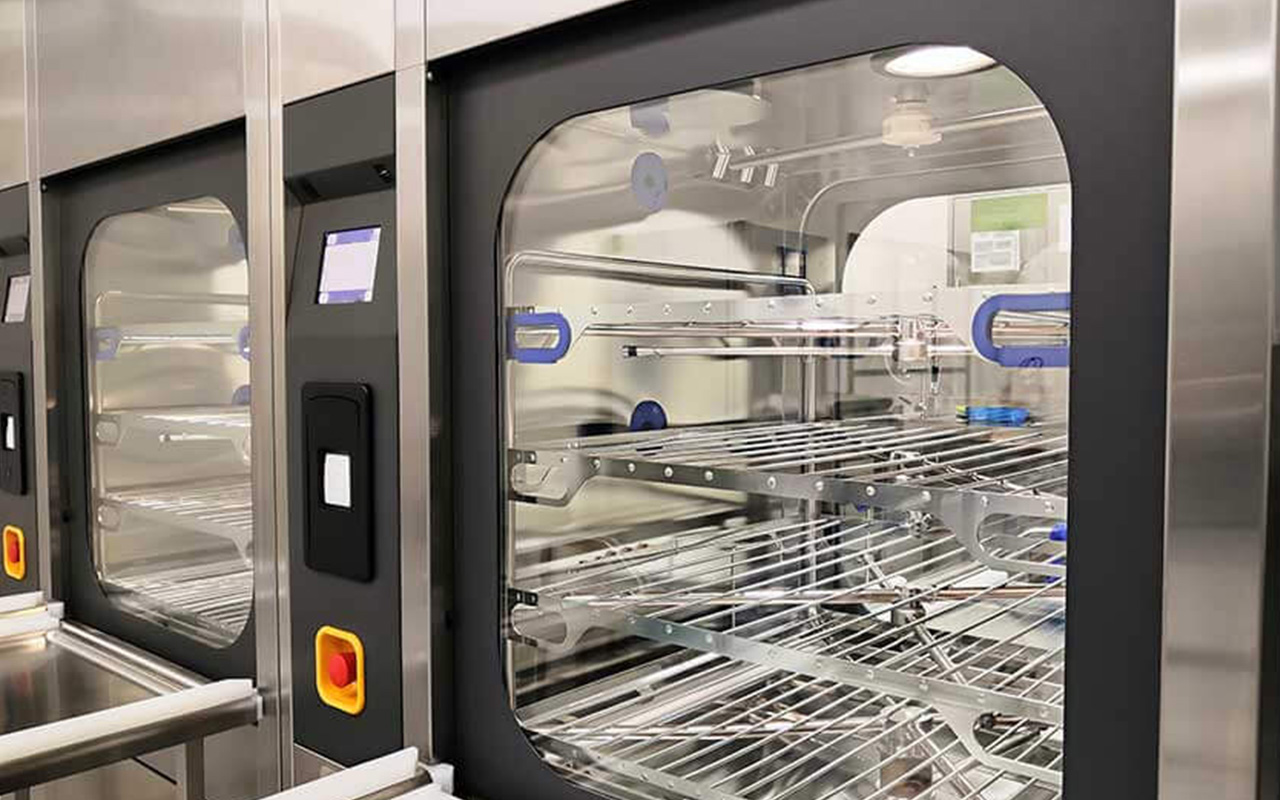Traditional Vs. Lab Dishwasher: Key Differences Explained

Every laboratory has different demands, and maintaining clean and uncontaminated glassware is non-negotiable. While many schools and labs use traditional dishwashers as a budget-friendly option, their limitations often fall short of meeting laboratory standards. This is where the specialized lab dishwasher comes into play. This equipment can meet the stringent requirements of a laboratory environment.
What Makes a Lab Dishwasher Different?
A laboratory dishwasher is a piece of equipment made according to the rigors of a lab setting. Traditional dishwashers found in homes were never intended to handle laboratory glassware, chemicals, or biological contaminants. They may seem cost-effective at first. However, their design and functionality fail to support lab work’s precision and cleanliness demands.
The design of a lab glass washer centers on durability, specialized cleaning features, and advanced technology. These machines can accommodate narrow-neck glassware, such as volumetric flasks and test tubes. They use injection spindles that deliver water and detergent where needed most. This direct approach guarantees thorough cleaning, which isn’t possible with the open racks in traditional dishwashers.
Limitations of Traditional Dishwashers
Traditional dishwashers work well for plates, bowls, and cutlery yet struggle with laboratory-specific needs. The single-pump system recirculates water, which increases the risk of cross-contamination. This risk can compromise experiments and lab results handling chemicals and biological substances.
Additionally, the lower temperatures in traditional dishwashers do not achieve proper sanitization for lab glassware. Most operate at temperatures between 130°F and 170°F. These temperatures fall short of the sterilization levels required in labs. In contrast, a laboratory glass washer can reach temperatures up to 199°F for optimal cleanliness and safety.
Why Your Lab Needs a Specialized Solution
A lab dishwasher goes beyond cleaning. It safeguards the integrity of your experiments and protects the health of lab personnel. Its materials resist the corrosive effects of harsh chemicals, unlike traditional models that use lower-grade materials prone to wear and damage.
The construction of a laboratory glass washer prioritizes stainless steel components, specifically type 304 stainless steel. This type of steel can endure high temperatures and chemical exposure without degrading. Traditional dishwashers simply cannot compete with their plastic interiors and components.
The Impact on Workflow
When your lab relies on precise cleaning, the right equipment minimizes downtime and enhances productivity. A laboratory dishwasher offers programmable settings. Features like HEPA-filtered drying, pure water rinses, and conductivity monitoring maintain consistent results across all cleaning cycles.
Traditional dishwashers often require manual rinsing and additional maintenance due to their inability to handle concentrated chemicals or narrow glassware. This added effort diverts valuable time and resources from core laboratory functions.
Choosing the Right Equipment for Your Lab
Investing in a laboratory dishwasher is a commitment to quality, safety, and efficiency. While traditional dishwashers come with a lower upfront cost, their lack of compatibility with lab requirements leads to higher maintenance expenses and potential risks over time. On the other hand, a laboratory glass washer provides reliability and performance.
When you choose a laboratory dishwasher, you’re enhancing your lab’s capability to deliver accurate and uncontaminated results. Clean glassware is the foundation of every successful experiment. The right dishwasher makes sure that your lab operates at its best.
From specialized laboratory products to advanced cleaning solutions, LOC Scientific helps you build a lab that meets the highest standards. Our laboratory dishwasher models deliver precision cleaning with features that adapt to the demands of your work. Contact us today for personalized guidance and solutions for your needs.
